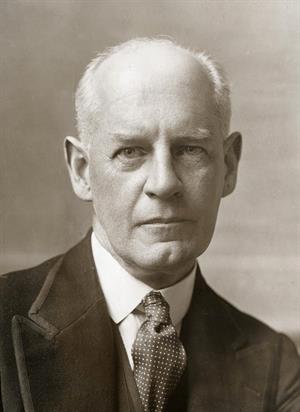
PUMPA - SMART LEARNING
எங்கள் ஆசிரியர்களுடன் 1-ஆன்-1 ஆலோசனை நேரத்தைப் பெறுங்கள். டாப்பர் ஆவதற்கு நாங்கள் பயிற்சி அளிப்போம்
Book Free DemoJohn Galsworthy, an English novelist and dramatist, was a well-known writer in the early twentieth century. On August 14, 1867, John Galsworthy was born in Coombe, Surrey, during the Victorian era and received his education at Harrow and New College, Oxford.

John Galsworthy*
Galsworthy's first published work was From the Four Winds, a collection of short stories, released in 1897. These and numerous other books were published under the pen name John Sinjohn.
The Forsyte Saga (1906–1921), and its successors, A Modern Comedy and End of the Chapter, are among Galsworthy's most famous works. His works include the following:
The Island Pharisees (1904)
The Man of Property (1906)
The Man of Property (1906)
The Country House (1907)
Fraternity (1909)
The Patrician (1911)
The Dark Flower (1913)
Indian Summer of a Forsyte (1918)
In Chancery (1920), Awakening (1920)
To Let (1921)
The Dark Flower (1913)
Indian Summer of a Forsyte (1918)
In Chancery (1920), Awakening (1920)
To Let (1921)
The White Monkey (1924)
The Silver Spoon (1926)
Swan Song (1928)
The novel 'A Modern Comedy,' by Galsworthy, was published in 1929 as a collection of The White Monkey, The Silver Spoon, and Swan Song. Galsworthy's protagonists in both drama and prose fiction typically represent particular points of view or ideas. Galsworthy campaigned for several issues, including prison reform, women's rights, and animal welfare, as well as against censorship, through his writings. Galsworthy was a supporter of Britain's participation in World War I.
In 1929, John Galsworthy received the Order of Merit, and in 1932, he was awarded the Nobel Prize in Literature. On January 31, 1933, he died in Hampstead.
Reference: